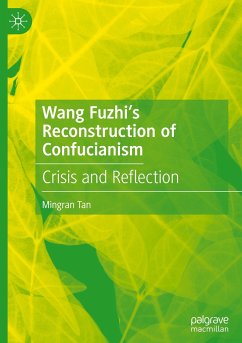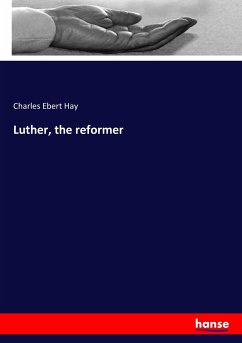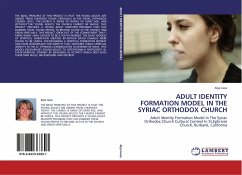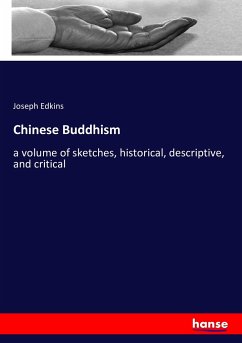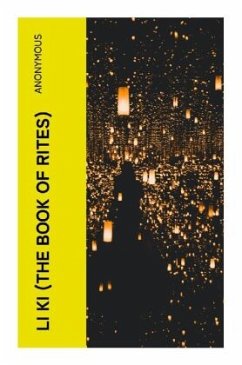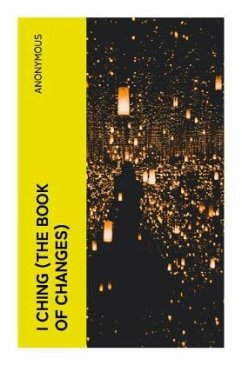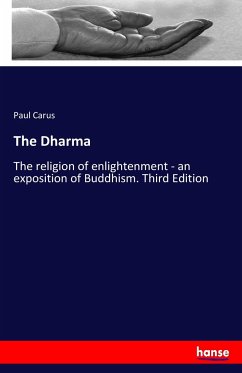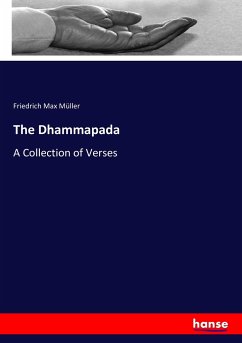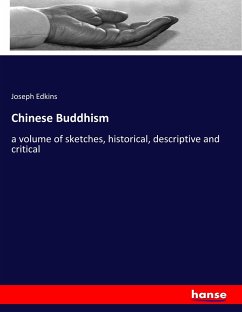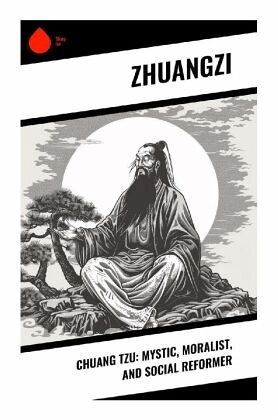
Chuang Tzu: Mystic, Moralist, and Social Reformer
Versandkostenfrei!
Versandfertig in 6-10 Tagen
14,50 €
inkl. MwSt.

PAYBACK Punkte
0 °P sammeln!
In "Chuang Tzu: Mystic, Moralist, and Social Reformer," Zhuangzi presents a profound exploration of Taoist philosophy, weaving together parables, allegories, and philosophical musings that challenge the conventional norms of morality and society. Rich in literary style, this work employs a playful yet penetrating prose that invites readers to transcend dichotomies of belief, urging a return to the simplicity and spontaneity of nature. Set against the backdrop of Warring States-era China, Zhuangzi's text contextualizes the philosophical disputes of the time, offering an alternative to both Lega...
In "Chuang Tzu: Mystic, Moralist, and Social Reformer," Zhuangzi presents a profound exploration of Taoist philosophy, weaving together parables, allegories, and philosophical musings that challenge the conventional norms of morality and society. Rich in literary style, this work employs a playful yet penetrating prose that invites readers to transcend dichotomies of belief, urging a return to the simplicity and spontaneity of nature. Set against the backdrop of Warring States-era China, Zhuangzi's text contextualizes the philosophical disputes of the time, offering an alternative to both Legalist and Confucian doctrines through its emphasis on relativism and the fluidity of existence. Zhuangzi, a pivotal figure in Chinese philosophy, draws upon the spiritual and intellectual currents of his time, particularly influences from early Daoist thought. His work reflects a deep skepticism of rigid societal structures and an advocacy for individual freedom and authenticity-an insight likely born from the political turmoil and moral uncertainty of his era. Zhuangzi's life experiences and philosophical inquiries coalesce into this work, creating a profound commentary on the human condition and our relationship with the cosmos. "Chuang Tzu: Mystic, Moralist, and Social Reformer" is highly recommended for readers seeking a transformative experience through literature. Zhuangzi's eloquent narrative and thought-provoking insights encourage readers to question moral absolutism and engage with the paradoxes of life. This book promises not only to enrich philosophical understanding but also to provoke a deeply personal reflection on the nature of existence and society.



